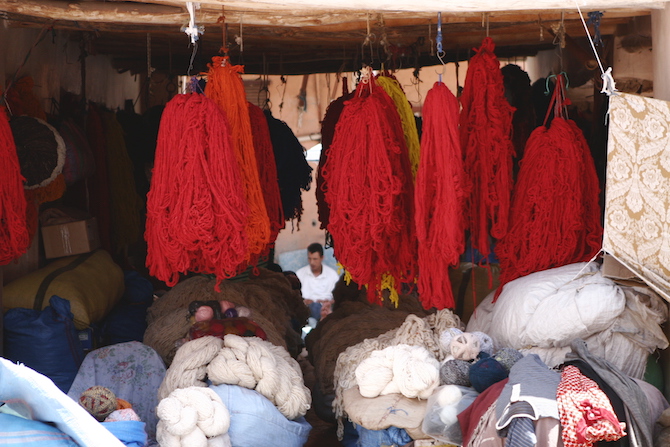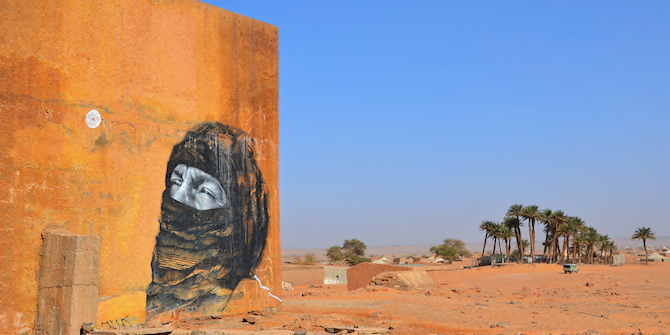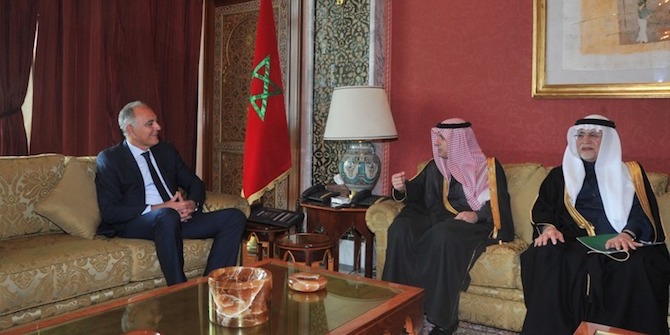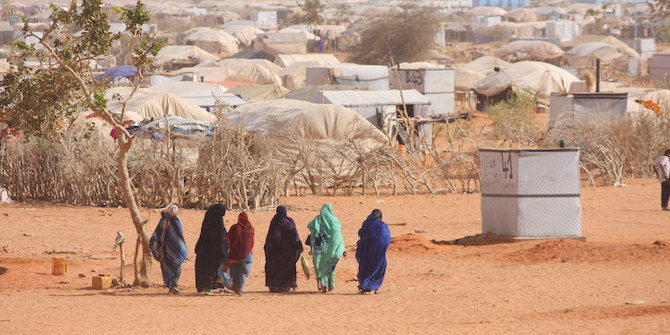by Shamel Azmeh

This blog series is one of the outputs from a workshop held at the LSE Middle East Centre in January 2020. The workshop was part of a project funded by the Centre on the production networks and value chains linking North Africa with Europe. Over the past three years, myself and my co-investigator Abeer Elshennawi, from the American University in Cairo (AUC), have been researching export industries in Morocco, Egypt and Tunisia. In recent decades, those three countries have emerged as important export platforms for European firms and Europe-focused global value chains as labour-intensive activities in industries such as apparel, electronics and automotive were relocated across the Mediterranean to industrial zones in Tunisia, Egypt and Morocco. As a location for labour-intensive industries, those countries offered a number of advantages to European firms. First, the proximity to Europe and the good logistical networks between those countries and Europe meant that costs of shipping and time-to-market from those industrial areas to Europe were low. Secondly, aiming to attract European investments, governments in the three countries offered a range of incentives to attract foreign investments including tax holidays. Thirdly, the three countries became increasingly integrated in the European economy through association and free trade agreements with the EU and through effort, albeit unsuccessful so far, to reach new generation trade agreements with the EU; the so-called Deep and Comprehensive Free Trade Agreements (DCFTAs). Overall, those economies appeared to be in a prime position to benefit from the growing offshoring of European production over the last few decades in order to drive export-oriented industrialisation and development process; a strategy that many other developing countries continue to pursue.
Our research project aimed to analyse this process and to understand the outcomes of this development strategy in North Africa. The results we reached show mixed outcomes of this strategy (and will be detailed in a soon-to-be-released working paper from the MEC). On the one hand, examining the macroeconomic structure of those economies, we found that those countries have succeeded in achieving a degree of structural change in their position in the global economy particularly a shift in their exports toward manufactured exports. This has helped these economies create jobs in the export industry and also to enter more advanced economic sectors such as electronics and automotive. On the other hand, however, the position of those economies in the production networks of the European market remains fragile. Activities with high value-added remain largely concentrated in Europe with limited success by the North African economies achieve economic upgrading in these value chains. As a result, the position of these economies in European production networks remains peripheral and subject to changes by both European lead firms and changes by the macro policies of the EU such as trade policies.
The aim of the workshop that was held in LSE was to discuss some of these issues in North Africa and beyond. As such, we invited scholars working not only on North Africa but also on similar themes in other parts of the world. We asked participants to submit a short blog on one area of their work. This blog series consist of those submissions.
In this series:
- The Scandal of Seamless Linkages: Global Value Chains and Women Argan Oil Producers in Morocco by Kate Meagher
- Is Automation Stealing Manufacturing Jobs? Evidence from South Africa’s Apparel Industry by Jostein Hauge and Christian Parschau
- COVID-19, Digitalisation and Manufacturing-Led Development in African Countries by Karishma Banga
- Luxury Brands’ Roles in Pathways to Sustainable Growth: Prospects for Egypt’s Cotton Sector by Rachel Alexander
- Have North African countries upgraded and diversified in apparel and automotive GVCs? by Thomas Bernhardt
- Varieties of Digitalisation in Automotive Supply Chains and Upgrading Prospects of Supplier Firms by Merve Sancak






